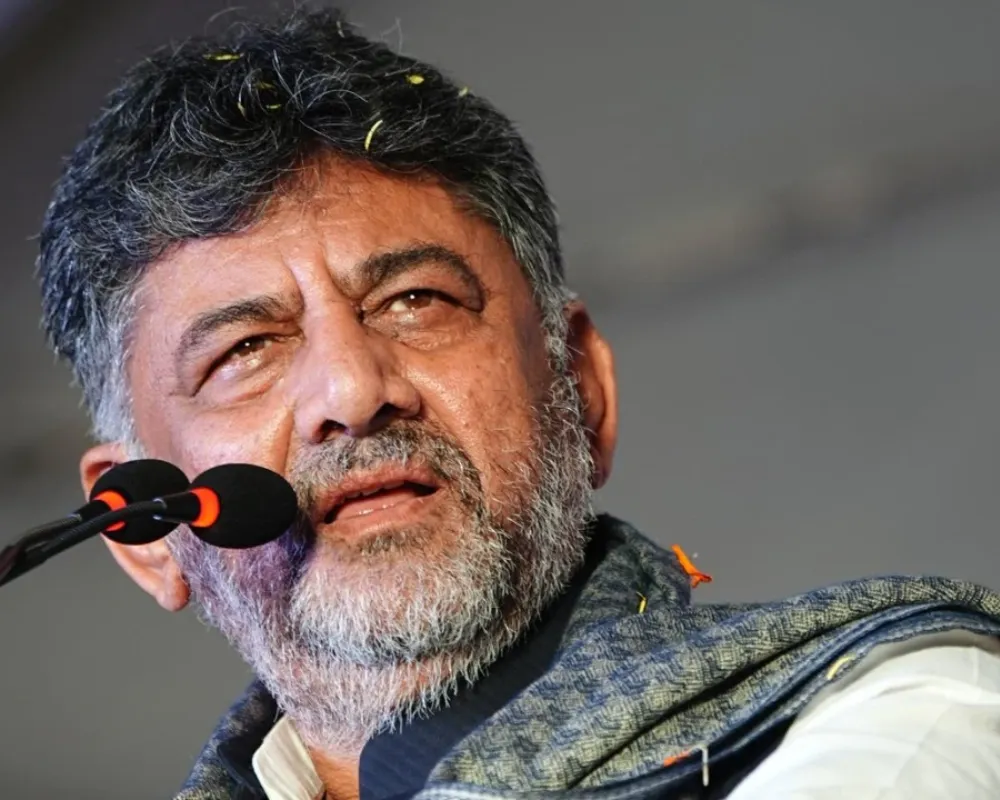The recent Delhi horror case involving a rapist who, while out on bail, killed his victim has sent shockwaves across India, reigniting intense public debate over the adequacy of bail laws and the protection of survivors of sexual crimes. This case painfully underscores the vulnerabilities that victims face even after seeking justice and raises urgent questions about criminal justice reforms.
Incident Details and Case Background
The case came to public attention when it was revealed that the accused, convicted earlier for a brutal sexual assault, was granted bail pending his appeals. Shockingly, shortly after his release, he targeted the same survivor and killed her in a brutal act of vengeance and desperation. Police reports indicate that the victim had been fighting for justice through legal channels, but the delay and loopholes in the system had tragic consequences.
Delhi, a city already grappling with serious challenges related to sexual violence, has seen a growing number of cases where offenders on bail commit repeated offenses, raising appeals for stricter judicial scrutiny and enhanced victim protection protocols.
Legal and Social Repercussions
This case has exposed systemic failures in ensuring the safety of survivors and has triggered calls for:
- Reforming Bail Procedures: Advocates demand tighter provisions to deny bail in cases involving violent sexual offenses and repeat offenders.
- Enhanced Police Protection: Immediate measures to safeguard survivors, especially those vulnerable to retaliation by accused persons out on bail.
- Fast-Tracked Trials: Speedy disposal of sexual assault cases to prevent prolonged trauma and uncertainty for survivors.
Several legal experts argue that while the justice system aims to balance the rights of the accused and the victim, incidents like these stress the need to prioritize survivor safety in bail judgments.
Victim's Family and Public Response
The victim’s family has spoken out, mourning the loss of their loved one and urging reforms to prevent such tragedies. Civil society, women’s rights organizations, and activists have rallied to ensure the case receives nationwide attention and prompt judicial action.
Public protests have erupted, demanding justice for the victim and systemic change to protect survivors from further harm while their cases proceed in courts.
Government and Police Action
Delhi authorities have vowed stringent action, including reviewing bail provisions for violent offenders and increasing monitoring of accused persons who remain free during legal proceedings. There are also plans to set up dedicated victim support cells for enhanced counseling and security.
Broader Implications
This case is a stark reminder of the grim realities survivors of sexual violence face and the potential dangers of judicial leniency when public safety is at risk. It underscores the urgent need for balanced but firm judicial processes and robust post-trial protective mechanisms.
Only through legal reform, sustained advocacy, and systemic vigilance can such horrific crimes be prevented in the future, ensuring justice and safety for victims everywhere.
This comprehensive coverage of the Delhi horror case presents the facts, societal implications, and the broader context surrounding bail laws and victim protection.







Leave a Reply